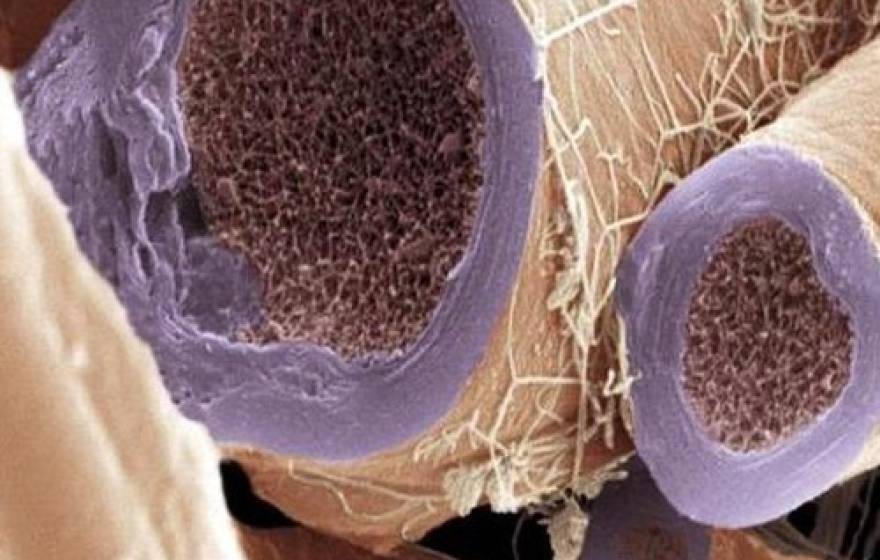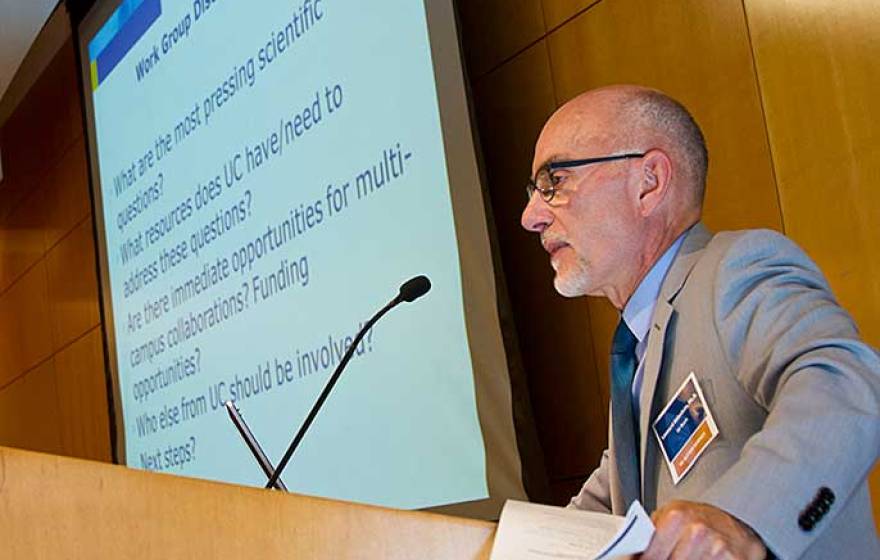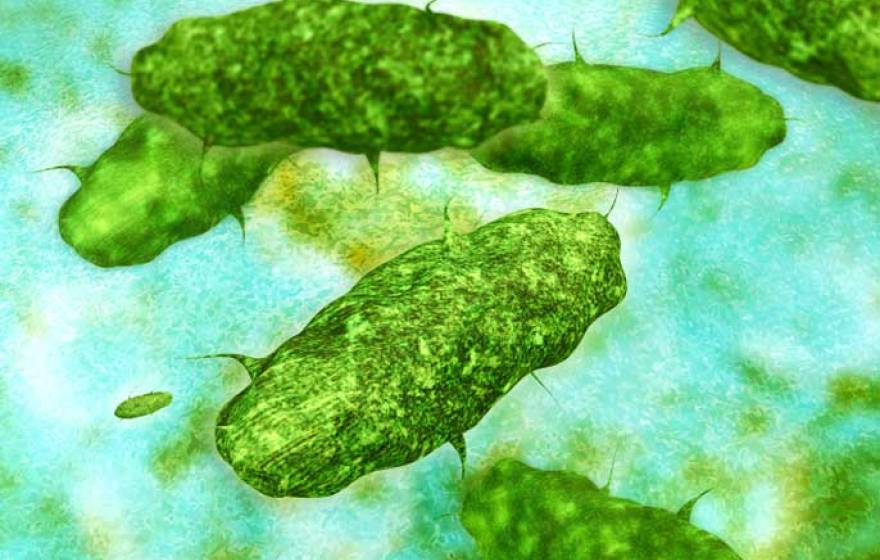UC Davis |
Breast vs. bottle feeding in rhesus monkeys
Infants receiving different diets after birth develop distinct immune systems.
Science Today |
Potential treatments for MS
Team led by UC San Francisco scientists has identified eight drugs, including antihistamine, that may stimulate nervous system repair in multiple sclerosis.
UCLA |
Are young people losing the ability to read emotions?
Children’s social skills may be declining as they spend less time in face-to-face interaction due to their increased use of phones and other digital media.
UC San Francisco |
Antibacterial soap poses hormone risk to health workers
High levels of triclosan — a hormone disruptor — in antibacterial soap may pose a hazard to hospital workers, who must wash hands often.
California Healthline |
UC program aims to increase number of health care professionals in Central Valley
PRIME — Programs in Medical Education — is a training program at six UC campuses focused on preparing students for health care jobs as clinicians, administrators and policy makers in underserved parts of California.
UC Newsroom |
UC summit brings hope for help
Researchers from across UC convened for a first-ever summit on autism — an initial step toward collaborating systemwide to address urgent need for treatments.
UC San Francisco |
Do gut bacteria rule our minds?
In an ecosystem within us, microbes evolved to sway our food choices.
San Francisco Chronicle |
New cancer classification system shows promise as lifesaver
Researchers found at least 10 percent of tumors - and possibly as high as 30 to 50 percent - would be identified differently if oncologists determined their diagnoses by a tumor's molecular makeup.
UC Berkeley |
Report checks health claims of popular sports, vitamin drinks
Loaded with sugar, they're essentially "sodas without the carbonation."
UC San Francisco |
Dying in the hospital more likely if ER is closed
Emergency department closures don't just hurt patients — they have a ripple effect on surrounding communities.
UCLA |
Amputation more likely for poorer diabetics
Poor patients are up to 10 times more likely to lose a limb than wealthier ones; earlier care could prevent most losses.
UC Davis |
Prenatal exposure to DDT linked to obesity, diabetes
Exposure to the once-common pesticide before birth slowed the metabolism of female mice and lowered their tolerance of cold temperature. This increased their likelihood of developing metabolic syndrome and its host of related conditions.





